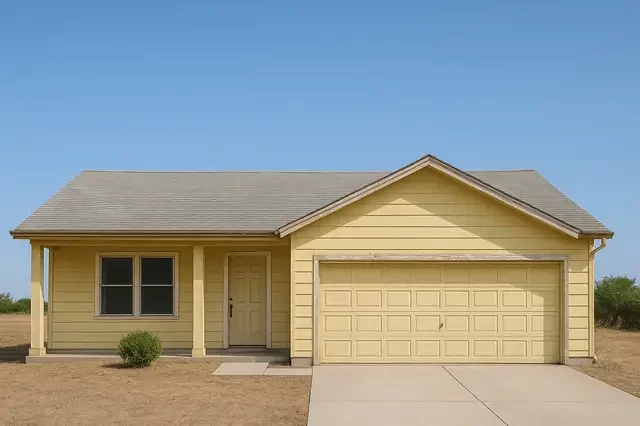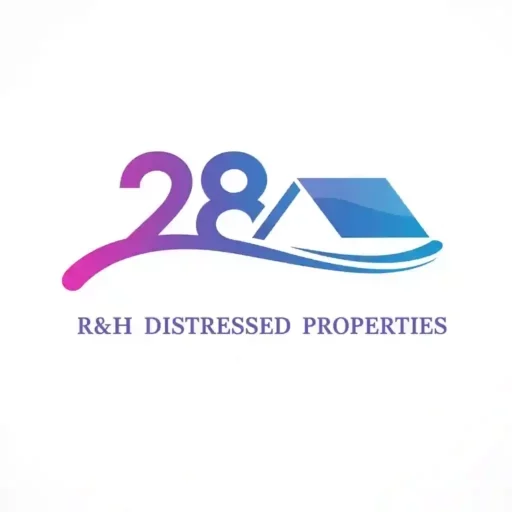Seattle Hoarding Clean Up: Your Complete Guide to Help & Resources
Are you facing an overwhelming hoarding situation in your home or helping someone who is? You’re not alone — and there is help. Whether it’s years of built-up clutter, biohazardous waste, or a home that’s become unlivable, Seattle hoarding clean up professionals and local support groups offer compassionate, judgment-free solutions.
In this guide, you’ll learn about hoarding cleanup services, mental health resources, nonprofit programs like The Hoarding Project Seattle, and how to get support today.
Why Hoarding Clean Up in Seattle Matters
Hoarding affects thousands of Seattle residents — and it’s not just about clutter. Hoarding is recognized as a mental health condition, often tied to trauma, anxiety, grief, or loss. Over time, hoarding can:
- Block emergency exits
- Create fire hazards
- Attract pests or rodents
- Lead to respiratory and hygiene issues
If you or a loved one is struggling with this, hoarding Seattle resources are available. You don’t have to live in silence or shame. Getting support is a sign of strength — not weakness.
Seattle Hoarding Clean Up Services: What You Can Expect
Most Seattle hoarding clean up companies offer more than just junk removal. Services are often structured around the needs of the client, offering:
- Compassionate crew members trained in mental health sensitivity
- Clutter removal, including trash, furniture, clothing, and perishables
- Biohazard cleaning for mold, feces, needles, or animal waste
- Odor control and full sanitization
- Secure document and item recovery
- Scheduled progress-based cleanups to avoid overwhelm
Whether it’s an apartment in Capitol Hill or a home in Rainier Valley, these teams are used to working in all types of Seattle neighborhoods — quietly and respectfully.
Top Providers for Hoarder Cleanout Seattle Services
Looking for trusted hoarder cleanout Seattle companies? Here’s what to look for:
- Local experience (Seattle-based teams know the permitting and waste systems)
- Trauma-informed training
- Licensed and insured status
- Positive reviews specifically from hoarding cleanups
Don’t be afraid to ask for a free estimate or site walk-through. Many companies work closely with city services and nonprofits to support vulnerable populations.
Where to Find Hoarding Help Seattle Residents Can Trust
Professional cleaning is just one part of recovery. Emotional and psychological support are just as vital. If you’re seeking hoarding help Seattle, here are additional steps to consider:
- Contact a licensed therapist who specializes in OCD or hoarding disorder
- Explore support groups through Meetup, Facebook, or community centers
- Ask local churches or senior centers about social work connections
- Utilize city and county behavioral health programs
Key Hoarding Resources Seattle Offers
If you’re navigating a hoarding crisis, these hoarding resources Seattle residents trust can provide help:
- King County Behavioral Health Services
- Aging and Disability Services (for elderly hoarders)
- Seattle Public Health Department (for sanitation/code compliance cases)
- Housing and Essential Needs (HEN) program
- Clutterers Anonymous local chapters
- The Hoarding Project Seattle
Many of these programs offer sliding-scale rates or grant-based support, especially for low-income or at-risk individuals.
The Hoarding Project Seattle: A Local Beacon of Support
The Hoarding Project Seattle is a nonprofit that has become a critical player in the fight against hoarding in the Pacific Northwest. Their services include:
- Hoarding-specific mental health therapy
- Support groups for families and caregivers
- Case management and planning
- Education for city agencies and clean-up providers
Whether you’re just learning about hoarding disorder or need immediate intervention, The Hoarding Project offers real help, grounded in science and compassion.
When to Seek Hoarding Help in Seattle
It can be hard to know when clutter crosses the line into hoarding. Here are signs it’s time to get hoarding help Seattle professionals involved:
- Rooms are no longer usable (bedroom can’t be slept in, kitchen is inaccessible)
- Smells, mold, or vermin are present
- Eviction notices or city code violations have been issued
- You or your loved one is isolating or ashamed
Getting help early can reduce stress, prevent legal issues, and protect health.
How to Approach a Hoarder With Compassion
Many hoarders feel shame, guilt, or extreme attachment to their belongings. If you want to help someone, it’s important to be gentle. Don’t force change — invite it.
Tips for a respectful conversation:
- Choose a calm moment, free from distractions or judgment
- Focus on safety, not cleanliness
- Ask if they’ve ever considered talking to someone
- Mention hoarding help Seattle services as allies, not threats
How to Get Started with Seattle Hoarding Clean Up Services
Most local Seattle hoarding clean up companies offer:
- Free phone consultations
- No-obligation site evaluations
- Clear pricing by square footage, level of contamination, and scope
- Flexible scheduling, sometimes evenings or weekends
- Paperwork assistance if city codes or legal concerns are involved
Some even partner with therapists, case managers, or senior care agencies to create long-term recovery plans.
FAQ: Seattle Hoarding Clean Up & Mental Health
How much does a clean up on hoarders cost?
The cost of a hoarding cleanup depends on the level of clutter, the size of the home, and the presence of biohazards. In Seattle, cleanups typically range from $1,000 to over $25,000. Some Seattle hoarding clean up services offer payment plans or work with local nonprofits.
What are the 5 levels of hoarding?
The 5 levels of hoarding, used by professionals to assess severity, are:
- Minor clutter with clean, livable space
- Noticeable clutter, light odors, limited use of rooms
- Strong odors, dirty surfaces, insect infestations
- Structural damage, sewage issues, biohazards
- Extreme neglect, fire hazards, unlivable conditions
Most hoarder cleanout Seattle companies assess these levels before beginning work.
What personality types are prone to hoarding?
While anyone can be affected, personality types with perfectionist, anxious, or avoidant traits are more prone to hoarding. People who struggle with decision-making or experience intense emotional attachment to objects are also more susceptible.
What is the root cause of hoarding?
The root cause of hoarding varies but often includes trauma, loss of a loved one, childhood neglect, or co-occurring mental illnesses like OCD or depression. Genetics and brain chemistry may also play a role. Hoarding help Seattle services often include therapy to address these root causes.
What mental illness do most hoarders have?
Many individuals who hoard are diagnosed with Hoarding Disorder, which is now a recognized condition in the DSM-5. Others may have co-occurring disorders such as OCD, anxiety, PTSD, or major depressive disorder.
Take the First Step Toward Peace and Safety Today
Dealing with hoarding is tough — but you don’t have to face it alone. Whether you need a full Seattle hoarding clean up, emotional support, or access to hoarding resources Seattle has available, help is closer than you think.
Reach out today to a trusted provider or nonprofit like The Hoarding Project Seattle to reclaim your space, your safety, and your peace of mind.

